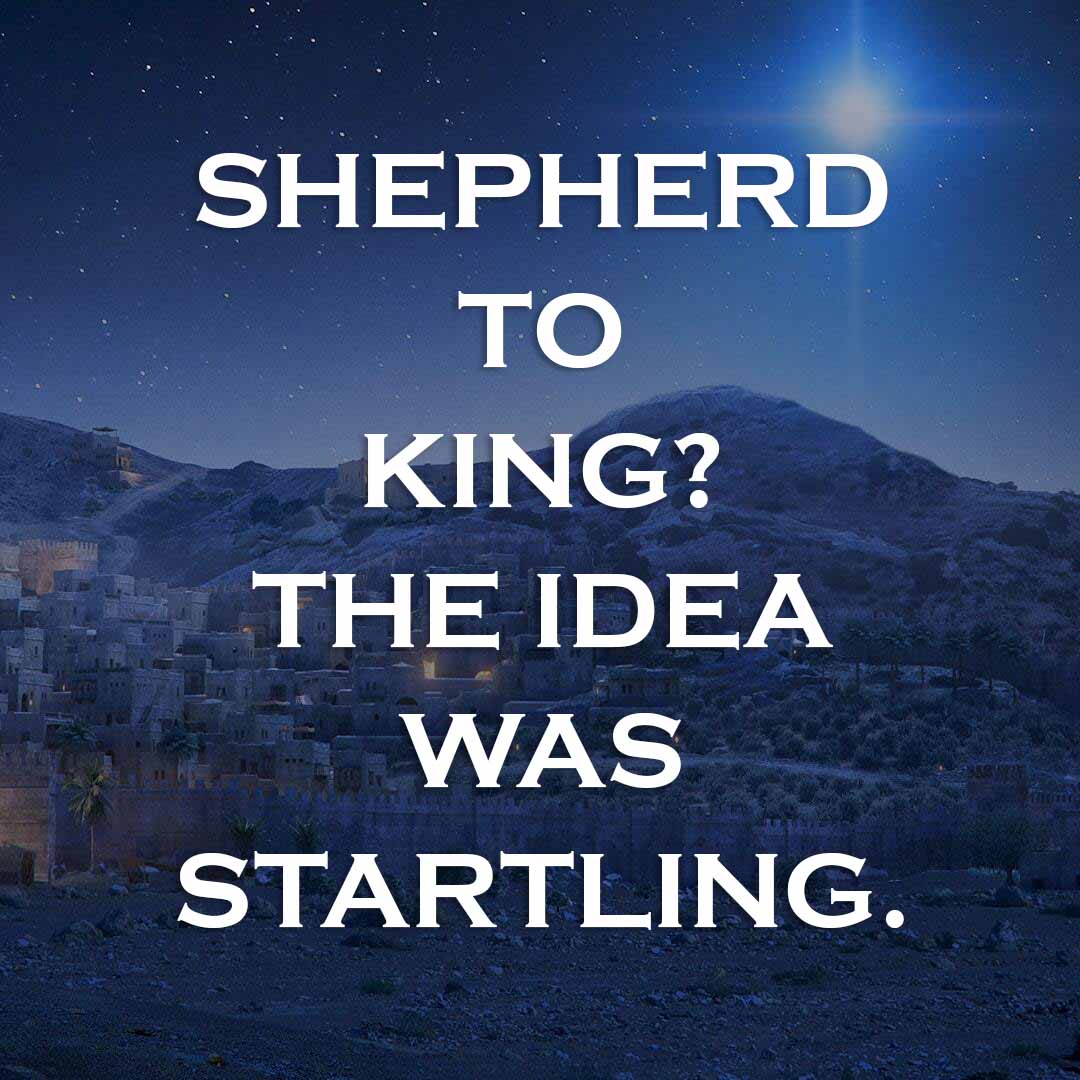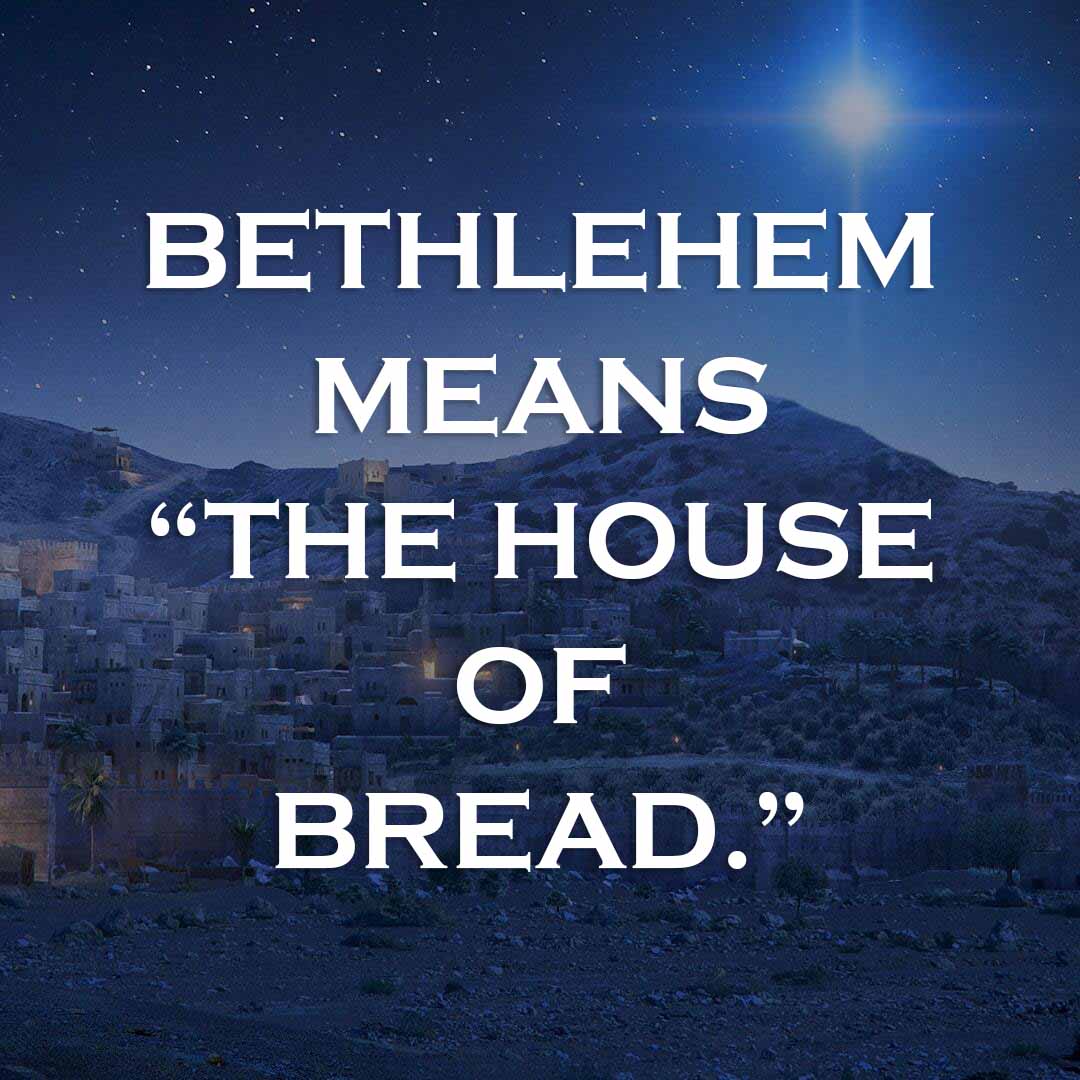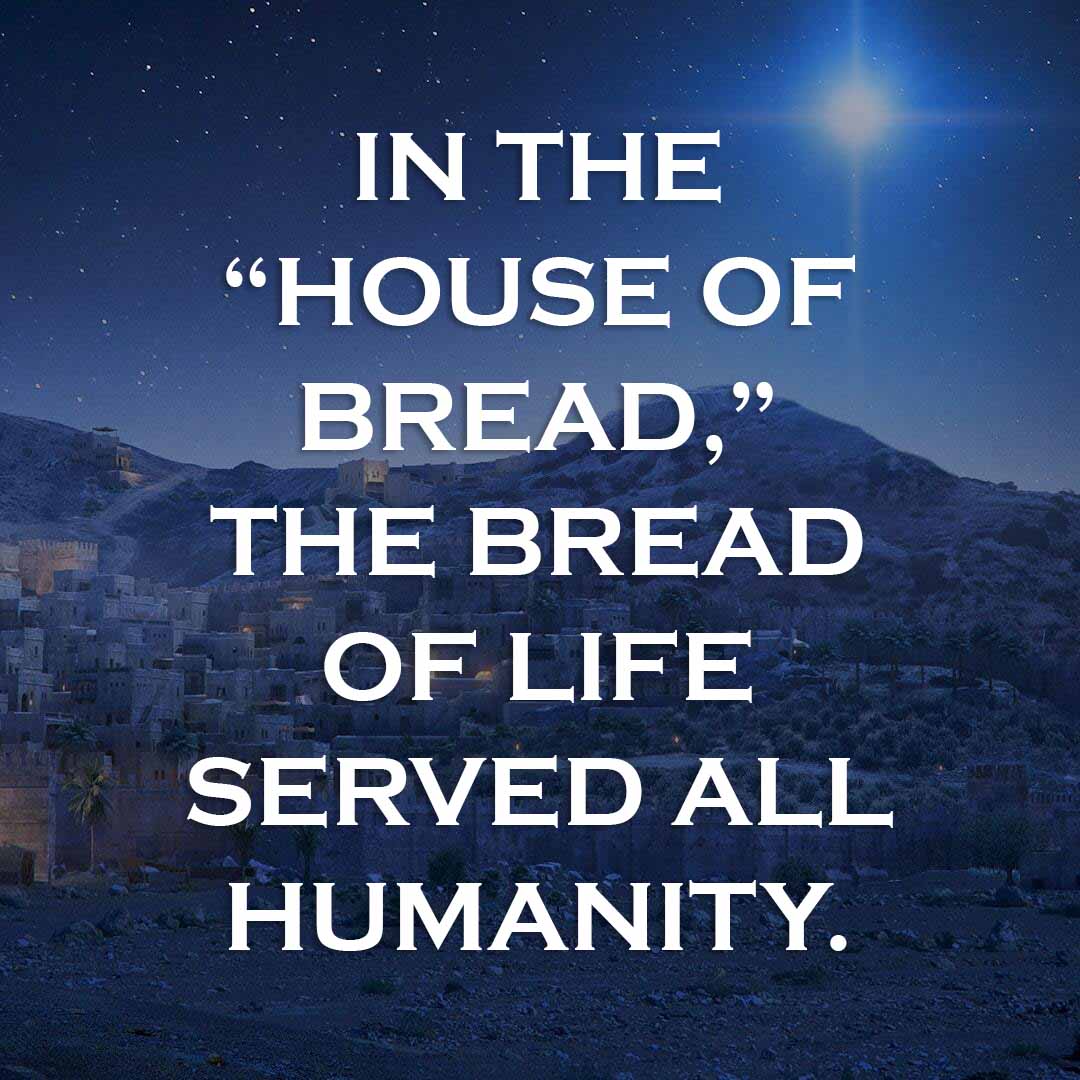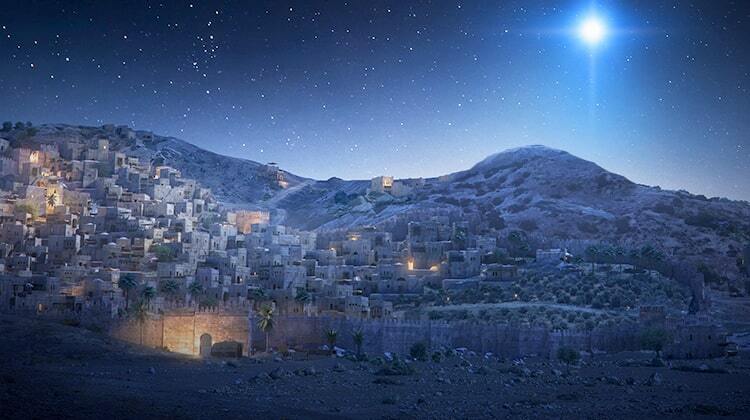Bethlehem played host to the Nativity, an event that the world hardly noticed, yet changed the destiny of every human creature. As Ralph W. Sockman once phrased it, “The hinge of history is on the door of a Bethlehem stable.”
We imagine a silent night—but remember, the inns were full, and celebrants must have roamed the streets. We imagine an obscure town—yet Bethlehem already bore a surprisingly mixed legacy.
From the earliest days of ancient Israel, the seemingly unremarkable town of Bethlehem played a prominent role in the family tree of Jesus Christ. It was the home of Ruth and King David and the final resting place of Jacob’s wife, Rachel. More than seven hundred years before Jesus’ arrival in the stable, Micah prophesied that a mighty ruler, “whose origins are in the distant past,” would come from Bethlehem.
The History of Bethlehem
The Prophecy of Bethlehem
The Miracle of Bethlehem
Discussion Questions
The History of Bethlehem
The Bible tells us that it was in Bethlehem, for example, that Jacob’s beloved wife, Rachel, was buried. Tragically, she died in childbirth as Joseph’s beloved brother, Benjamin, came into the world.
Around another bend of history’s trail lies Ruth, whose story is short but moving. Two widows—Ruth and Naomi, her mother-in-law—left foreign Moab for the small town where Naomi and her husband had lived, the town of Bethlehem. There they prospered and Ruth remarried. In Ruth 4, the people offered their blessing on Ruth and her new husband. They compared her to Rachel and expressed their prayers that her descendants would be great.
Those prayers were answered in ways the people could never have dreamed.
Little Bethlehem also provided ancient Israel its most enduring hero. The prophet Samuel had come to town in search of a future king, just as other wise men would do hundreds of years later. The book of 1 Samuel records how the prophet came to the house of Jesse and carefully sized up the young men of the household, one by one. Finally his eye fell upon David, the shepherd boy, the “least likely to succeed.” Here, Samuel announced, was the raw material of a popular king. Here stood one who was destined to be known as the “man after God’s own heart.” Shepherd to king? The idea was startling.

In darker times, an aging King David would see Israel’s mortal enemy, the Philistines, place a garrison in his beloved Bethlehem. When David longed for water from its well, a squad of his courageous soldiers broke through to steal a drink for him—only to see him pour out the water as a sacrifice before God.
The family tree of Jesus Christ shows all three names: Rachel, Ruth, David. Mother, Moabite, monarch. We cannot help but see the puzzle pieces, the tantalizing clues to the wonderful legacy that would one day belong to Bethlehem.
The Prophecy of Bethlehem
The greatest clue of all, though, was in plain sight for every Hebrew who searched the Scriptures. In the scrolls of the prophets was written an amazing prediction: “You, O Bethlehem Ephrathah, are only a small village among all the people of Judah. Yet a ruler of Israel, whose origins are in the distant past, will come from you on my behalf” (Micah 5:2).

Bethlehem Ephrathah—two names, two meanings. Bethlehem means “the house of bread.” Its Child would later call Himself “the Bread of life,” and He would say, “I am the living bread that came down from heaven” (John 6:51). What more fitting place than the “house of bread” for such a One to be born?
What about that second name? Ephrathah, a much older name for the town, means “fruitfulness.” Ephrathah is a verb meaning “to be fruitful.” Once again, the Child of Bethlehem would remind us of His first home when He said, “When you produce much fruit, you are my true disciples” (John 15:8).
For those who read the ancient writings and those who thought about the eternal workings of God, the clues were always there—in the history, the names, and the surprising ways of God Himself. Bethlehem bore watching. So as the years went by, the rabbis remembered and the scholars kept an eye on the little town. Everyone else passed it by without much notice, so that upon that amazing night, when a peasant and his betrothed wife stole wearily into town, no one could have anticipated that the world would be changed forever.
Perhaps this is the reason we think of Bethlehem as a timeless town, set on an eternally silent and starry night. We know that the local inns had room for anyone and everyone but a King; that not so much as a pillow could be offered to One who would one day give all that He had for them. Yet we cannot bear the innkeepers and tax takers much of a grudge—there is too much joy in the occasion.
The Miracle of Bethlehem
For in some forgotten corner of a forgotten town in a forgotten country, the most unforgettable news is suddenly abroad. In the “house of bread,” the Bread of Life served all humanity. In the town of fruitfulness, someone has come to offer the sweet fruit of heaven. And from the place where there was once a well that a thirsty king coveted, there would spring up a fountain of living water for all people. The One who offered it said, “Those who drink the water I give will never be thirsty again. It becomes a fresh, bubbling spring within them, giving them eternal life” (John 4:14).

Why Bethlehem? Why your heart or mine? City and soul, they are equally silent, equally mixed in their histories, equally thirsty. Just as the Child quietly arrived in that town of towns, He longs to be born again in the hearts of every one of us.
Discussion Questions
- Is there a special location associated with your family’s history? Have you visited there recently?
- According to this chapter, what other important things happened in Bethlehem?
For further study: Read 1 Samuel 16:1-13. List three interesting things that happened in Bethlehem in this account.
This article is an excerpt from David Jeremiah’s book Why the Nativity?—an exploration of 25 compelling reasons we celebrate the birth of Jesus.
Unless otherwise indicated, all Scripture quotations are taken from the Holy Bible, New Living Translation.
You Might Also Enjoy:
• Prophecies Fulfilled by Jesus
• How Do We Know Jesus Is the Son of God?
• Why Did God Choose Mary?
• A Red-Letter Christmas Advent Devotional
• Understanding Old and New Testament Prophecy
• 10 Bible Contradictions About Jesus Explained
• Why Do We Celebrate Christmas on December 25?
